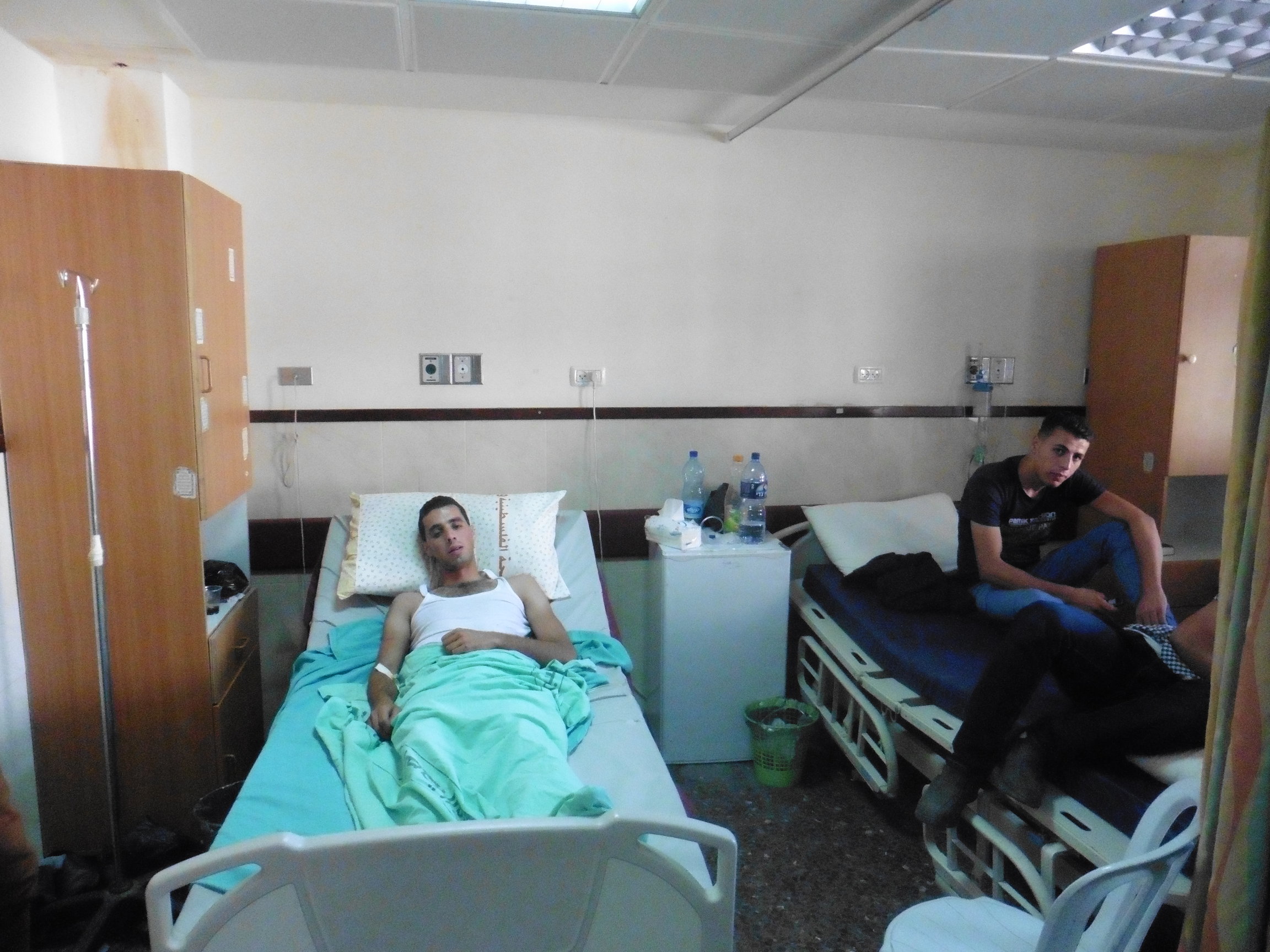Tag: Beit Furik
-
Israeli forces fire live ammunition injuring 15 protesters in Beit Furik
27th July 2014 | International Solidarity Movement, Nablus team | Beit Furik, Occupied Palestine At 22:00 in the evening of Friday, July 25th, Israeli forces injured 15 Palestinians during a protest in the village of Beit Furik, which is located fifteen km southeast of Nablus in the northern half of the West Bank. Approximately 2000 protesters were marching towards…
-
Five men imprisoned after night raids in Beit Furik
14th May 2013 | International Solidarity Movement, Beit Furik, Occupied Palestine By Team Nablus On Tuesday 7th of May the Israeli army invaded Nablus and the nearby village of Beit Furik and arrested 9 men. The men, between the ages of 18 and 22, are all members of the PLFP. One man from Beit Furik…
-
Settlers use rocks and sharp tools to attack 50 and 65 year-old farmers in Beit Furik
7th May 2013 | International Solidarity Movement, Beit Furik, Occupied Palestine by ISM Nablus Two olive farmers from the village of Beit Furik, east of Nablus, are recovering from head wounds in a near-lethal attack by colonial-settlers. Although both survived, they are in need of daily check-ups at a clinic in Nablus and are afraid…

